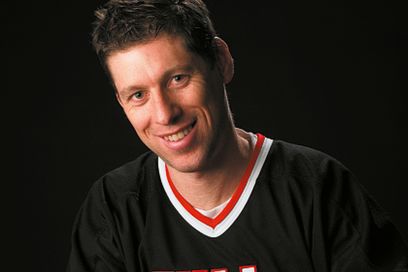
By Ben Roberts
 There are four possible conclusions to a poker session. You can earn a little, win big, lose a little or lose big. Most of us react differently to these conclusions. When we win big, we are overjoyed; When we lose big, we are discouraged. Remember your last bad beats. Remember you this momentum of adrenaline and anger that has followed. If you've never experienced it, you're lucky; most players encounter it.
There are four possible conclusions to a poker session. You can earn a little, win big, lose a little or lose big. Most of us react differently to these conclusions. When we win big, we are overjoyed; When we lose big, we are discouraged. Remember your last bad beats. Remember you this momentum of adrenaline and anger that has followed. If you've never experienced it, you're lucky; most players encounter it.
 There are four possible conclusions to a poker session. You can earn a little, win big, lose a little or lose big. Most of us react differently to these conclusions. When we win big, we are overjoyed; When we lose big, we are discouraged. Remember your last bad beats. Remember you this momentum of adrenaline and anger that has followed. If you've never experienced it, you're lucky; most players encounter it.
There are four possible conclusions to a poker session. You can earn a little, win big, lose a little or lose big. Most of us react differently to these conclusions. When we win big, we are overjoyed; When we lose big, we are discouraged. Remember your last bad beats. Remember you this momentum of adrenaline and anger that has followed. If you've never experienced it, you're lucky; most players encounter it.I believe that the reactions to the table are very bad because they call a very primary part of our brain. Poker, we are fighting for something that we find vital: money. In these days of safety and comfort, our battles on the poker table somewhat recall those old old battles for the survival of the species. At that time, the adrenaline was used to something very specific: arouse a strong reaction if we were in critical danger. Without thinking or logic, the old man knew two things: fight and flight. Panic could sometimes save the species...
On a poker table, the same response is not the same thing. You cannot beat the dealer with a rock. Run in panic around the table is not very useful. So most of us are boiling we tiltons. Sometimes, after that, we try big absurd bluffs and waste a large mass of money to lower the pressure and waiting for the storm happens.
The fact is that you exceed these primal instincts and these barbaric reactions if you want to be a regular winner at poker. It is not easy to control its primary reactions of this part of the brain, but it is something what you have to work whenever you play poker. Practice to leave each session with the mindset of departure. If you win big, try not to be too excited. Remember that this is only a session and the next could very wrong go. Reverse the arguments after a big loss.
I think you should work on this aspect of your brain. This is not easy. Some players who have mastered incredibly well poker are losers long-term because they cannot control their emotions.
Try this challenge to control your emotions. It is perhaps the most important thing that you have done to improve your poker.




